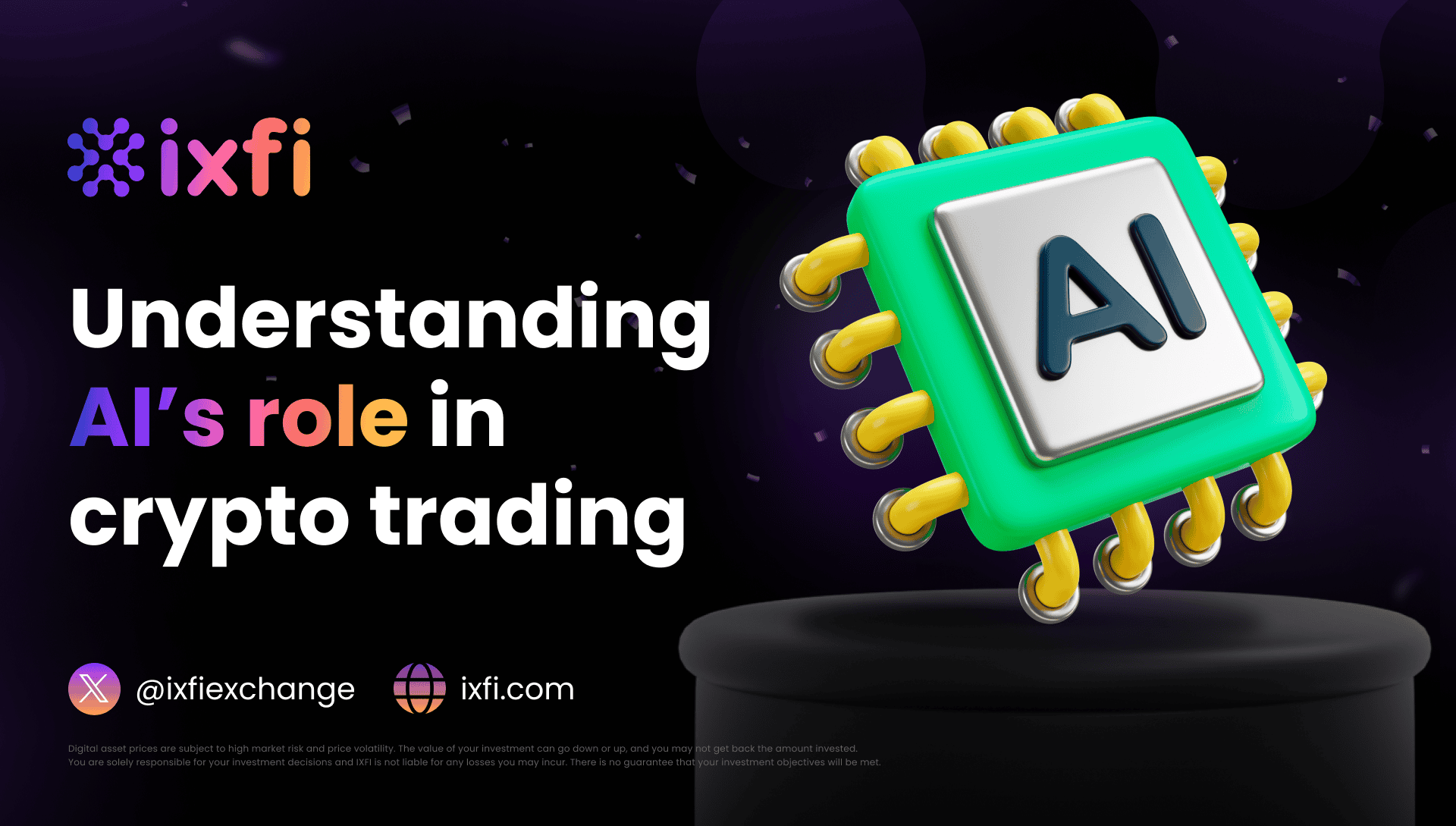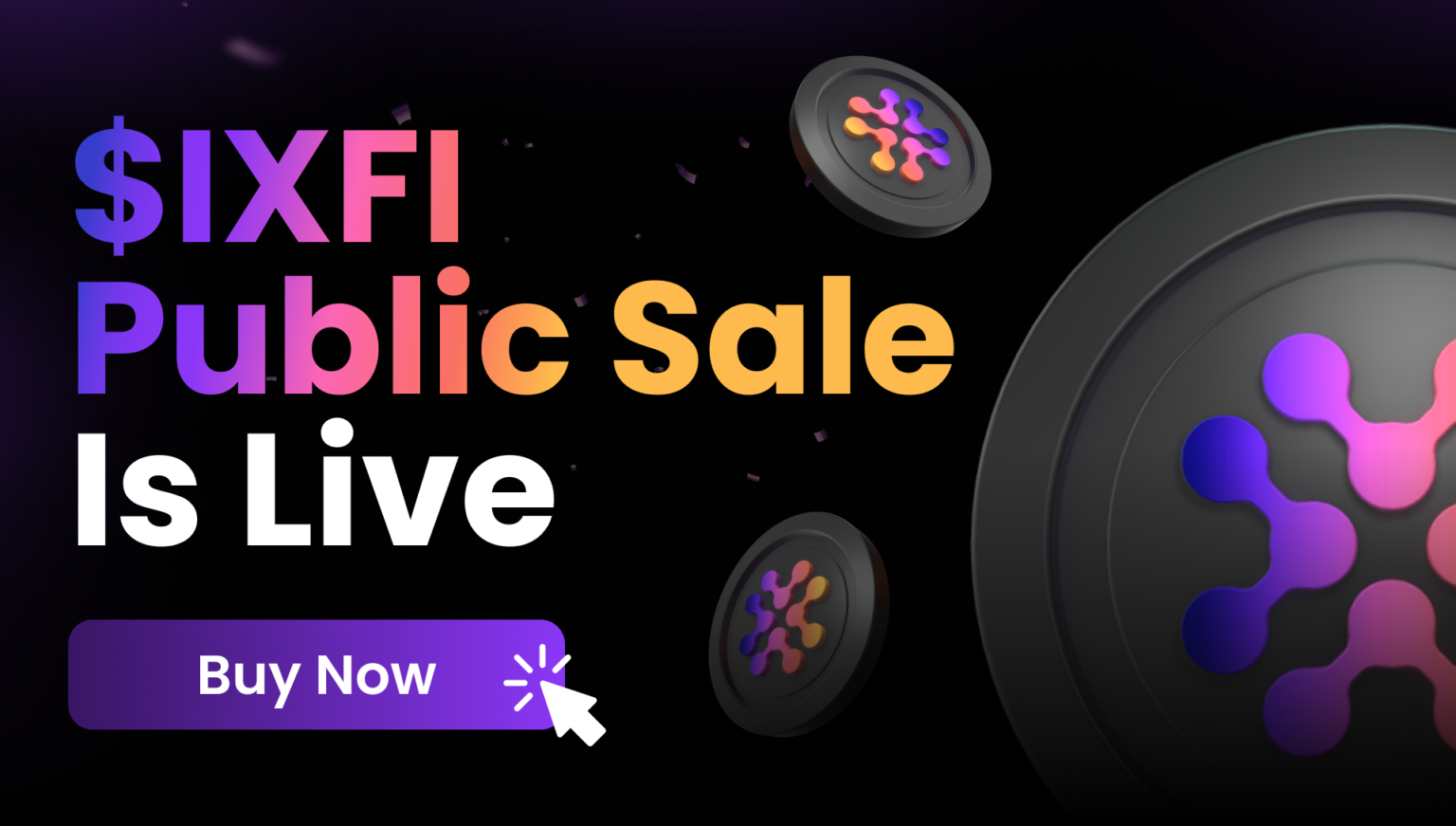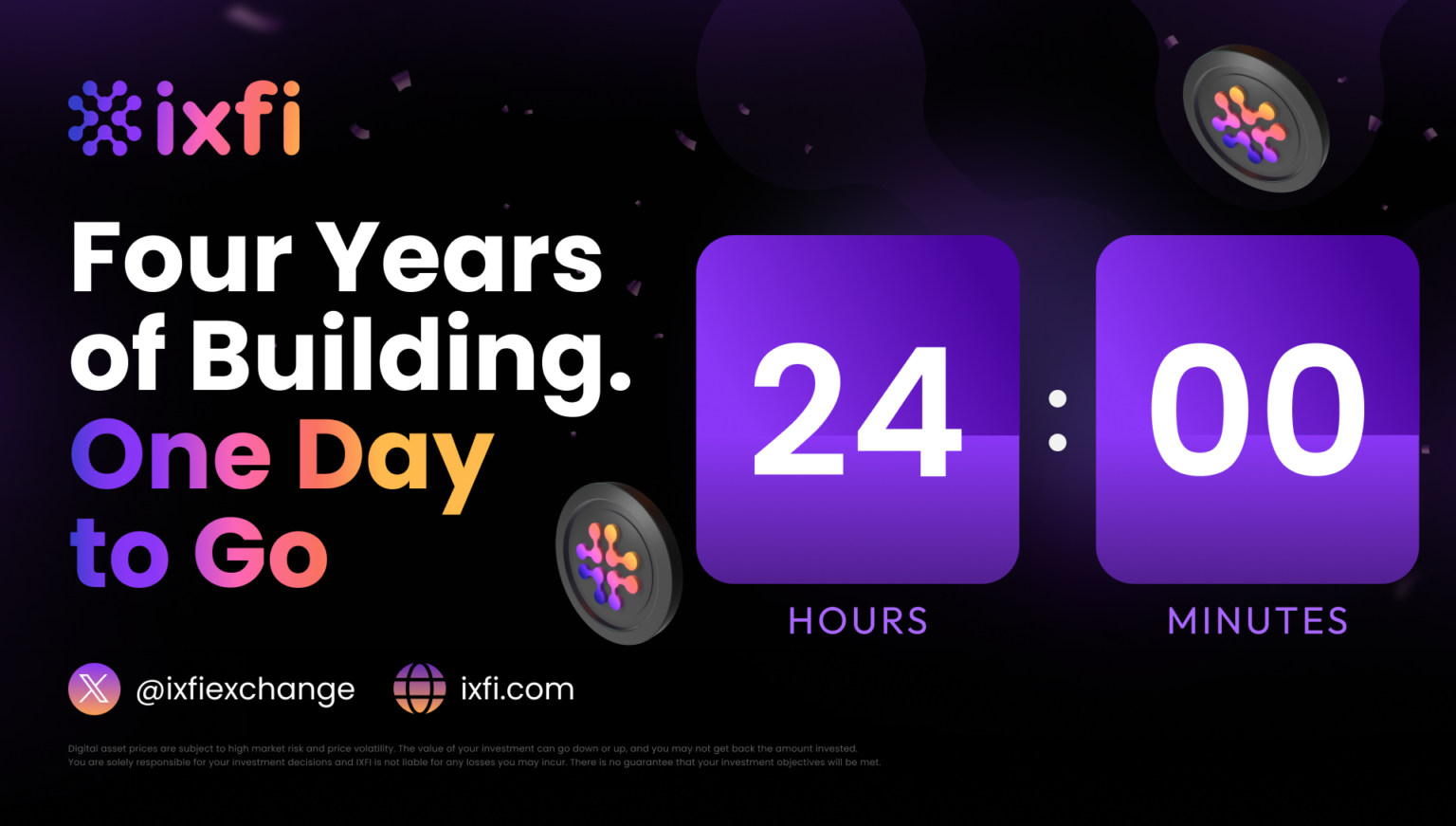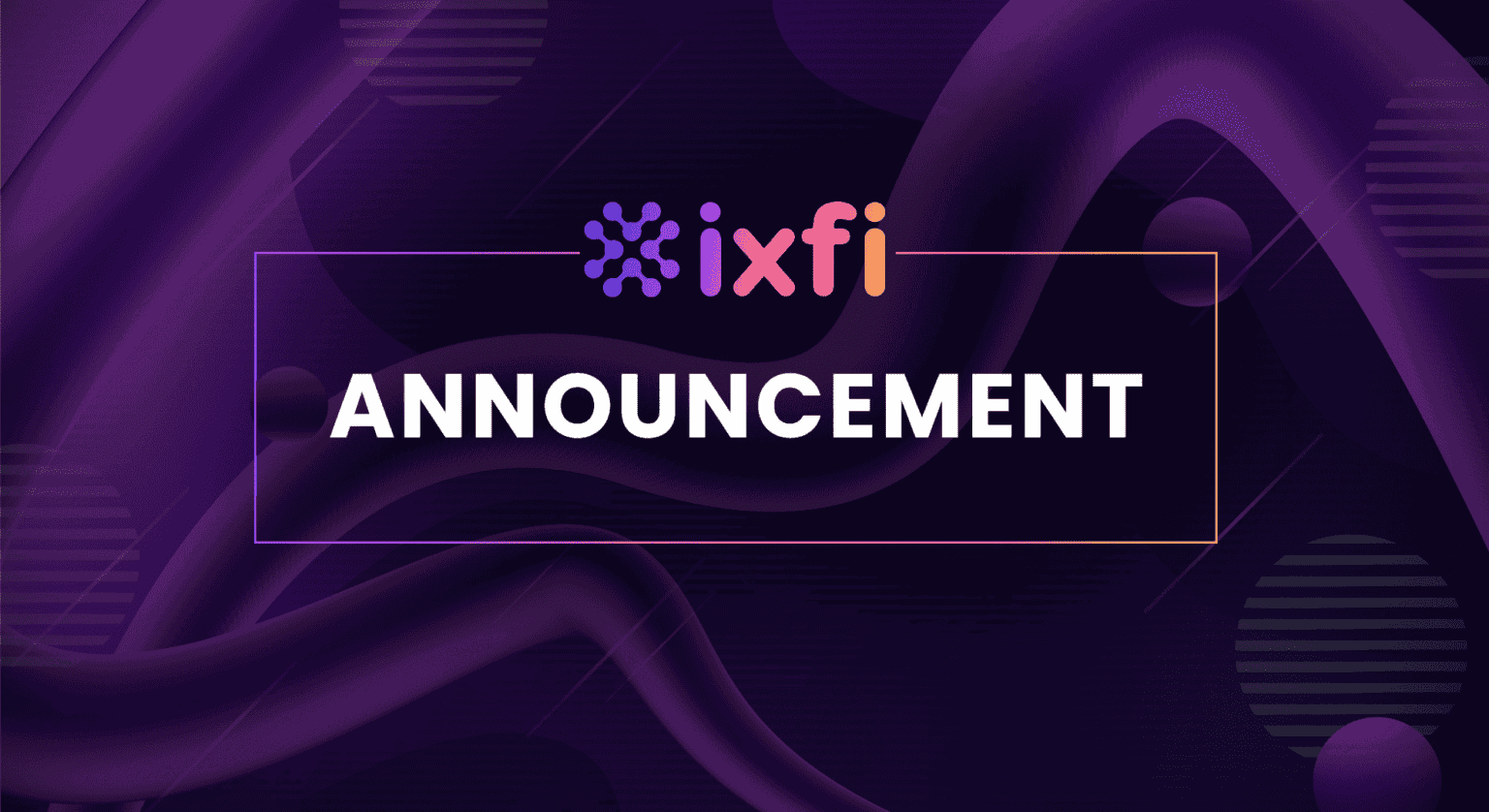Artificial Intelligence (AI) has emerged as one of the most dominant sectors in the crypto world in 2024, rapidly outpacing other categories like Decentralized Finance (DeFi), Real-World Assets (RWA), and Layer 1 protocols. AI-based cryptocurrencies have skyrocketed in value as they gain recognition for their potential in automating and optimizing crypto trading. In this article, we’ll dive into some of the most promising AI projects that have driven market trends this year, including Fetch.AI (FET), BitTensor (TAO), Worldcoin (WLD), and Internet Computer (ICP). These projects have made significant headway in integrating AI into the financial and blockchain landscape.
The rise of AI in crypto markets
The relevance of AI-driven crypto has surged this year due to advancements in AI technology across multiple industries, most notably blockchain and finance. The appeal lies in AI’s ability to enhance decision-making and automation within trading, helping to optimize portfolio management and reduce risks through predictive algorithms.
Major cryptocurrencies in the AI sector have benefited from these advancements, with the sector now outperforming others in terms of growth and innovation. The performance of AI tokens in 2024, particularly during periods of market volatility, has shown that AI’s integration into blockchain is not just a trend but a cornerstone for the future of crypto trading.
Fetch.AI (FET): Leading the charge
Fetch.AI (FET) is one of the top-performing AI tokens this year, with the platform specializing in creating autonomous agents that execute tasks and decisions on behalf of users. From optimizing supply chain operations to enhancing decentralized finance (DeFi) protocols, Fetch.AI’s applications are widespread.
In September 2024, FET saw a surge in trading volume, closing the month with a 71% increase in value, trading between $1 and $1.7. With a market cap of $4.2 billion, Fetch.AI’s role in integrating machine learning with decentralized systems sets new standards for what blockchain and AI can achieve together.
BitTensor (TAO): Powering machine learning on the blockchain
Another major player in the AI sector is BitTensor (TAO), which focuses on decentralized machine learning. In recent weeks, TAO saw a 60% rise in price, bringing it into the spotlight alongside Fetch.AI. This project allows participants to create and own AI models that contribute to a decentralized network, offering unique opportunities for token holders to participate in AI-driven applications.
BitTensor’s ability to pool resources for AI model development and deployment has attracted institutional interest, making it one of the top AI-focused cryptocurrencies of 2024. With new partnerships and features launched in the third quarter, TAO continues to solidify its place in the AI and blockchain ecosystem.
Worldcoin (WLD): Decentralized identity meets AI
Worldcoin (WLD), while not exclusively an AI token, uses AI-driven algorithms to facilitate
decentralized identity solutions. The World ID feature of Worldcoin offers a global proof-of-personhood system, which has gained traction in the wake of increasing concerns around data privacy and security. As of September 2024, WLD saw significant adoption in identity verification services, driven by its integration with various blockchain applications.
Worldcoin’s innovative approach to decentralized identity, coupled with its utility in the AI sector, has boosted its price over the last quarter. Institutions are increasingly leveraging Worldcoin’s identity layer for decentralized applications (dApps), enhancing its utility across sectors .
Internet Computer (ICP): AI in decentralized cloud computing
Internet Computer (ICP) is another leading AI-related cryptocurrency, focusing on decentralized cloud infrastructure. With AI playing a vital role in its offering, ICP enables developers to build decentralized apps (dApps) and services that leverage machine learning models. In 2024, ICP maintained a strong presence as one of the largest blockchain networks by market cap, providing solutions for decentralized governance and AI model hosting.
In September, ICP added key features to enhance its support for AI applications, driving an increase in both its trading volume and user engagement. The network’s ability to run AI-driven applications in a decentralized manner has earned it a loyal following, with its market capitalization sitting comfortably above $4 billion.
Conclusion: AI as the future of crypto trading
The surge in AI-driven cryptocurrencies signals a paradigm shift in the crypto market. Projects like Fetch.AI, BitTensor, Worldcoin, and Internet Computer have demonstrated that AI isn’t just enhancing blockchain technology; it’s revolutionizing it. As AI continues to outperform other sectors, the future of crypto trading lies in the seamless integration of AI algorithms and decentralized finance. With more developments on the horizon, the crypto world will continue to see AI shape its future.




